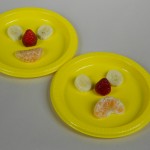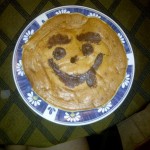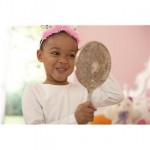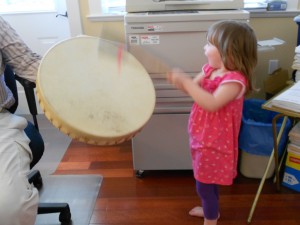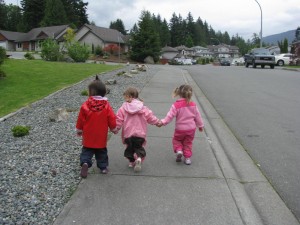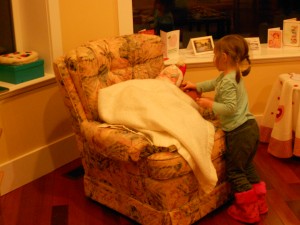While working on writing posts for kindergarten readiness and early learning for each alphabet letter, p and q reminded me of the expression “minding your p’s and q’s.” This expression refers to minding your manners, and manners are an important part of social skills. Young children will begin spending time away from their parents, in groups such as day care, playschool, preschool and later kindergarten, and having learned and practiced these skills will help them be more independent.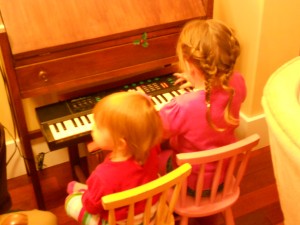
Following is a simple, short song with some “magic words.” It piggy-backs on the tune Mulberry Bush.
Please, thank you, excuse me, sorry.
Please, thank you, excuse me, sorry.
Please, thank you, excuse me, sorry. These are magic words.
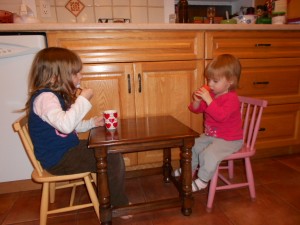 There are many picture books and stories that you can use as you read and talk with your child about manners. There are even several apps! Plus, you can make up stories to go with a moment when needed. For instance, if your child needs some reminders at the table about please and thank you, have a fork tell a spoon. Or, if a “sorry” is needed when a little one gets water all over the floor after a bath, have the towel tell you it is sorry for the mess and will help to clean up. The dirty clothes can say they are sorry for not getting into the laundry hamper.
There are many picture books and stories that you can use as you read and talk with your child about manners. There are even several apps! Plus, you can make up stories to go with a moment when needed. For instance, if your child needs some reminders at the table about please and thank you, have a fork tell a spoon. Or, if a “sorry” is needed when a little one gets water all over the floor after a bath, have the towel tell you it is sorry for the mess and will help to clean up. The dirty clothes can say they are sorry for not getting into the laundry hamper.
Songs and stories are another way of sending the same message, and sometimes our words are more effective when attached to music or imagination. There are certainly other needed social skills such as being able to talk about feelings, self-regulation, sharing, negotiating and others. These and manners skills are not just important for interactions, but also for children’s self-confidence as they increasingly develop their independence. What are some other suggestions for p’s and q’s?

